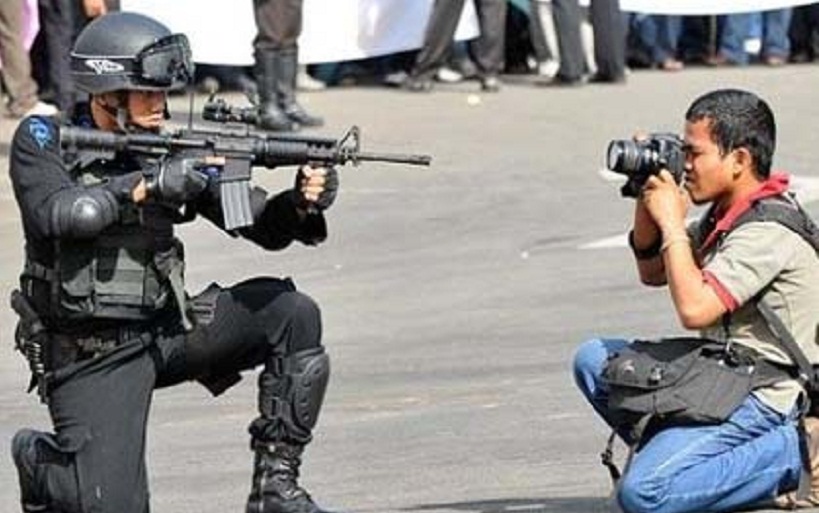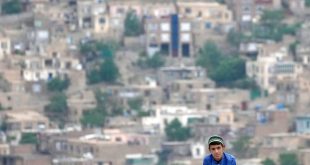Press freedom means not only to have access to information but the free expression of information without any sense of fear, restraints and admonitions. Press freedom means to be on the path to truth and any attempt by state and non-state actors whereby they seek to suppress free voices mean they cannot tolerate their weaknesses be exposed. In a time of seemingly unlimited access to information and new methods of content delivery in the developed parts of the world, here in Afghanistan, more areas and subjects are becoming virtually inaccessible to newsmen. Given the current mood of the government, free flow of news and information will be something a relic of the past. Silencing criticism through restraints, arrests, detentions, interrogating journalists and building pressures on newsmen to give out their sources is something that doesn’t augur well for the development of media. Not only media but for democracy itself, even because for a free and fair governance free media is of utmost importance. Given the troubles, challenges and restraints, the press doesn’t stop publishing. This is a global issue, however, the issue is severe where there is weak governance and where the government is afraid of the power of press freedom because the officials tell the public something different from what they do behind the close doors. And this is where the clash between media and the government starts. Since the National Unity Government has been hit by mounting criticism from all sides for signing an intelligence sharing MoU with Pakistan’s premier spy agency—ISI, therefore, if someone reports it, give their opinion on it, it is their constitutional right. Anybody or government department that shows intolerance towards media for free reporting is tantamount to reversing the hard-earned gains of media during the past 14 years. Unfortunately, the National Directorate of Security (NDS) put the editor-in-chief of the daily Weesa, one of the leading newspapers, Zubair Shafiqi, on notice, but he refused to go to the NDS office. The extreme happened when intelligence officials picked Shafiqi up from his office and took him to the NDS office in Kabul where he was kept for hours and interrogated and harassed on the NDS-ISI MoU news story. He was asked for the source of the news. Interrogating newsmen for running certain stories is not the job of NDS rather it is the responsibility of the Media Commission in the Ministry of Information and Culture to seek explanation from media houses and journalists. If NDS keeps picking journalists, detaining or quizzing them, Afghanistan will become another Pakistan and NDS will become ISI, as this is something quite rife in Pakistan where journalists are tortured and detained by Pakistan’s covert agencies. There is self-censorship, a worst form of censorship as under self-censorship a journalist doesn’t knows the “don’ts” list and if someone unintentionally cross the limit, their name is added to the list of missing persons. Does our government want the same in Afghanistan? And if a state agency is doing the job of media-watch then what is the job of the Ministry of Information and Culture? Any other government body or covert agency other than the Information and Culture Ministry if seeks explanation from journalists, or pick them up from their offices by force is harassment. For the health of democracy, good governance, and accountability, nobody should try to gag free press and the journalists must be able to work in a free environment, free from restraints and harassment. Any government that attempts to the clip the wings of media is doing it at its own stake because we live in a global world where we the journalists are not alone but part of a biggest world community that is interconnected. The government must be media friendly as it is not only healthy for its image but newsmen will be free in pointing out the weakness of the government and the government will be in a good position to overcome the weakness and cover the grey areas.

 Afghanistan Times
Afghanistan Times

